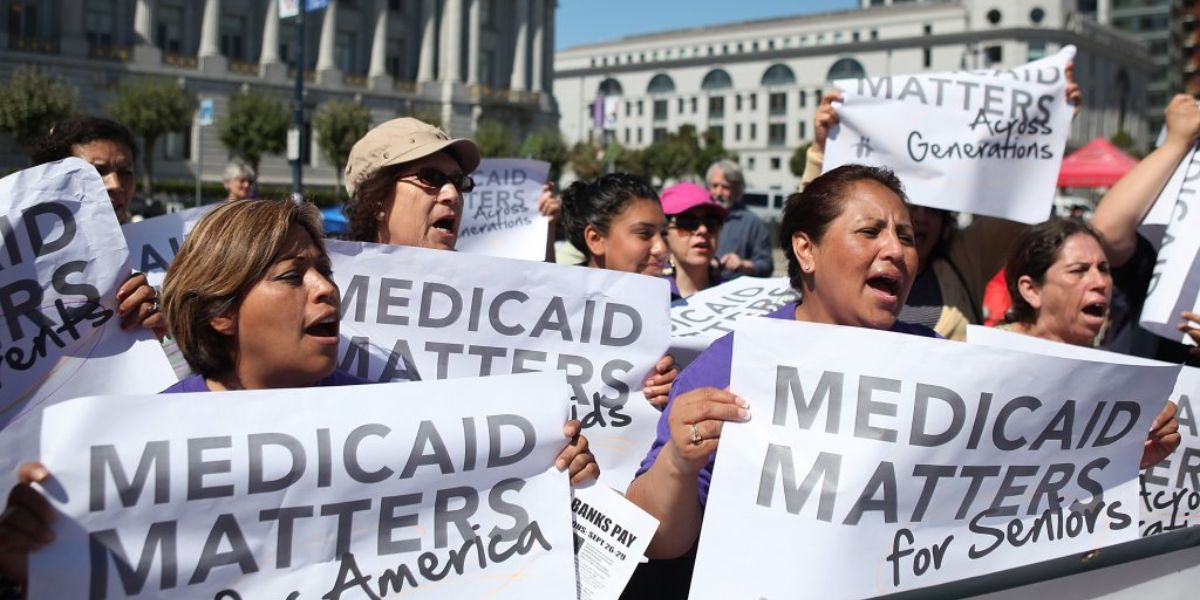While Congress is looking at ways to reduce spending in order to offset the cost of prolonging tax cuts that are about to expire, one option proposes doing away with the federal match rate of 90% for the Medicaid expansion that was mandated by the Affordable Care Act (ACA).
In the event that the Republicans go through with it, how many individuals will stop having health insurance?
Medicaid is a significant healthcare program that is utilized by one in every five Americans and accounts for almost twenty percent of the total expenditures made on healthcare in the United States.
On the other hand, given that Medicaid is supported jointly by the federal government and the state governments, any reductions in federal funding could perhaps force states to make challenging decisions regarding their Medicaid programs.
At this time, the federal government is responsible for covering ninety percent of the costs for adults who are enrolled in Medicaid expansion, which has resulted in the coverage of more than twenty million individuals.
After the removal of this federal match rate, the financial burden will be transferred to individual states, which may not be able to maintain the expansion on their own given the current circumstances.
According to a study conducted by the Congressional Budget Office (CBO), there are two basic ways in which states could react in the event that the federal match rate for Medicaid expansion is eliminated:
In the first scenario, states continue to expand Medicaid by using their own budgets to replace the shortfall in federal financing.
As a result, the amount of money spent by the federal government on Medicaid would reduce by 10%, or approximately $626 billion, over the course of ten years. Additionally, within the same time period, spending would rise by 17%, amounting to $626 billion.
Scenario 2: States decide to stop expanding their Medicaid programs as a result of the loss of federal funds, which results in a reduction of total spending of $1.9 trillion over the course of a decade.
State spending would decrease by $186 billion, while federal spending would decrease by $1.7 trillion. It would result in the loss of Medicaid coverage for nearly 20 million people.
California DMV Waives Written Test for Some Drivers: Are You One of Them?
Considerations with Regard to Medicaid and Access to Healthcare
As a result of the Affordable Care Act (ACA), eligibility for Medicaid was extended to practically all people earning up to 138% of the Federal Poverty Level (FPL), which will in 2025 amount to around $21,597 for an individual.
On the other hand, as a result of a decision made by the Supreme Court, Medicaid expansion is now voluntary for states.
According to the current system, the federal Medicaid assistance percentage (FMAP) rates for traditional Medicaid enrollees range from fifty percent to seventy-seven percent, depending on the per capita income of a state.
VA Chapter 31 Benefits: How VR&E Services Can Support Your Career and Education
At the moment, forty-one states, including Washington, District of Columbia, have embraced it.
In the event that Medicaid expansion were to be paid under the conventional FMAP, states would be required to make difficult decisions regarding their budgets.
Some may choose to increase taxes or reduce spending in order to maintain coverage, while others may choose to phase out expansion, which would result in major cutbacks in access to healthcare provision.








